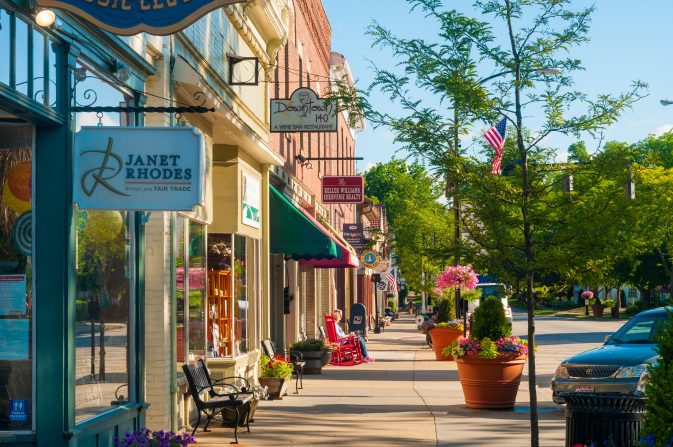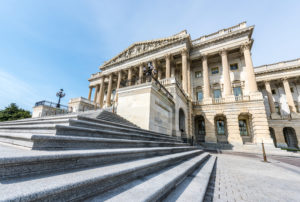Coverage of One Million Covid Deaths Must Include the Pandemic of Bad State Responses

This week, the United States officially hit the sad mark of one million Covid-19 deaths. The mainstream media coverage has detailed how this death toll has varied based on age, race, and vaccination status. However, it has conspicuously ignored how these Covid-19 deaths have occurred independently of differing state policies regarding economic and education restrictions.
Many Democrat-run states imposed severe restrictions in 2020 and 2021 that did nothing to stop the virus and much to harm small businesses and ordinary Americans. Job Creators Network called on policymakers to “flatten the fear” when it became clear the virus couldn’t be controlled by hiding at home or a big government response, yet we were ignored by blue-state officials. Any reckoning of the nation’s Covid response at one million deaths must incorporate these unforced errors that exacerbated the pandemic’s wrath.
A National Bureau of Economic Research study published last month ranks states’ Covid-19 responses by three metrics – deaths, economics, and education — and finds no relationship between economic and education restrictions and Covid-19 mortality. For instance, California ranks among the worst in the nation and Florida among the best in terms of economic and education regulations during the pandemic. Yet both states had similarly middling Covid-19 mortality rates.
California pursued a strict response, including a first-of-its-kind statewide lockdown, punishing and long-lasting restrictions on small businesses, and beach closures months after it was clear the virus didn’t meaningfully transmit outside. Even though epidemiologists quickly discovered that schools are not significant vectors of transmission, California bowed to its teachers unions and closed schools for most of 2020 and 2021.
In contrast, Florida was quick to lift its economic restrictions and return to in-person schooling when it was clear that lockdowns were only effective at suppressing livelihoods. In representative media scrutiny over Florida’s reopening, Vanity Fair called Florida Gov. Ron DeSantis an “Angel of Death.”
The terrible performance in all three of these metrics in states such as New York and New Jersey compared to the good results in states like Utah and Nebraska debunk barrels of ink claiming government regulations were needed to “keep us safe” from Covid.
The full consequences of blue states’ bad economic and education pandemic policies are only just emerging. These states endured more business closures, economic depression, and crime than their counterparts that quickly reopened. The big blue states of California, New York, New Jersey, Massachusetts, and Illinois are still far from recovering all their employees lost during the pandemic. (Many former employees have fled to red states for economic freedom.)
Consider what the following 12 cities with the biggest restaurant reservation declines between this spring and the spring of 2019 have in common: Minneapolis (-60% restaurant reservations), Brooklyn (-44%), San Francisco (-43%), New York (-40%), Portland (-39%), Seattle (-39%), Philadelphia (-36%), Cambridge (-35%), Chicago (-28%), Baltimore (-27%), Beverly Hills (-26%), and Washington (-23%). Businesses in these cities faced stringent and lasting state and local restrictions such as bans on indoor dining and capacity limits. All types of small businesses in these jurisdictions face similar pain as lockdown consequences persist.
Meanwhile, blue states that shut their schools for a year and a half in 2020 and 2021 caused enormous learning loss for children and immense stress for parents. A Harvard University study shows students whose schools shut down for this timeframe had 2.5 times the learning loss of those that briefly closed from April 2020 until the end of the school year. School closures widened minority learning gaps caused by bad state policy that disproportionately locks minority children in failing public schools. “This will probably be the largest increase in educational inequity in a generation,” said the study’s author.
The national pain associated with one million Covid deaths will last indefinitely. But so will the consequences of the economic and educational turmoil caused by the pandemic of government restrictions. Monday morning quarterbacking about the nation’s Covid response must account for these self-inflicted wounds as well.
Alfredo Ortiz is president and CEO of Job Creators Network.





